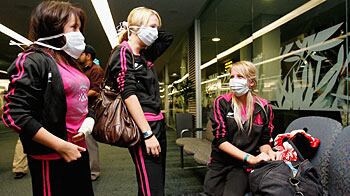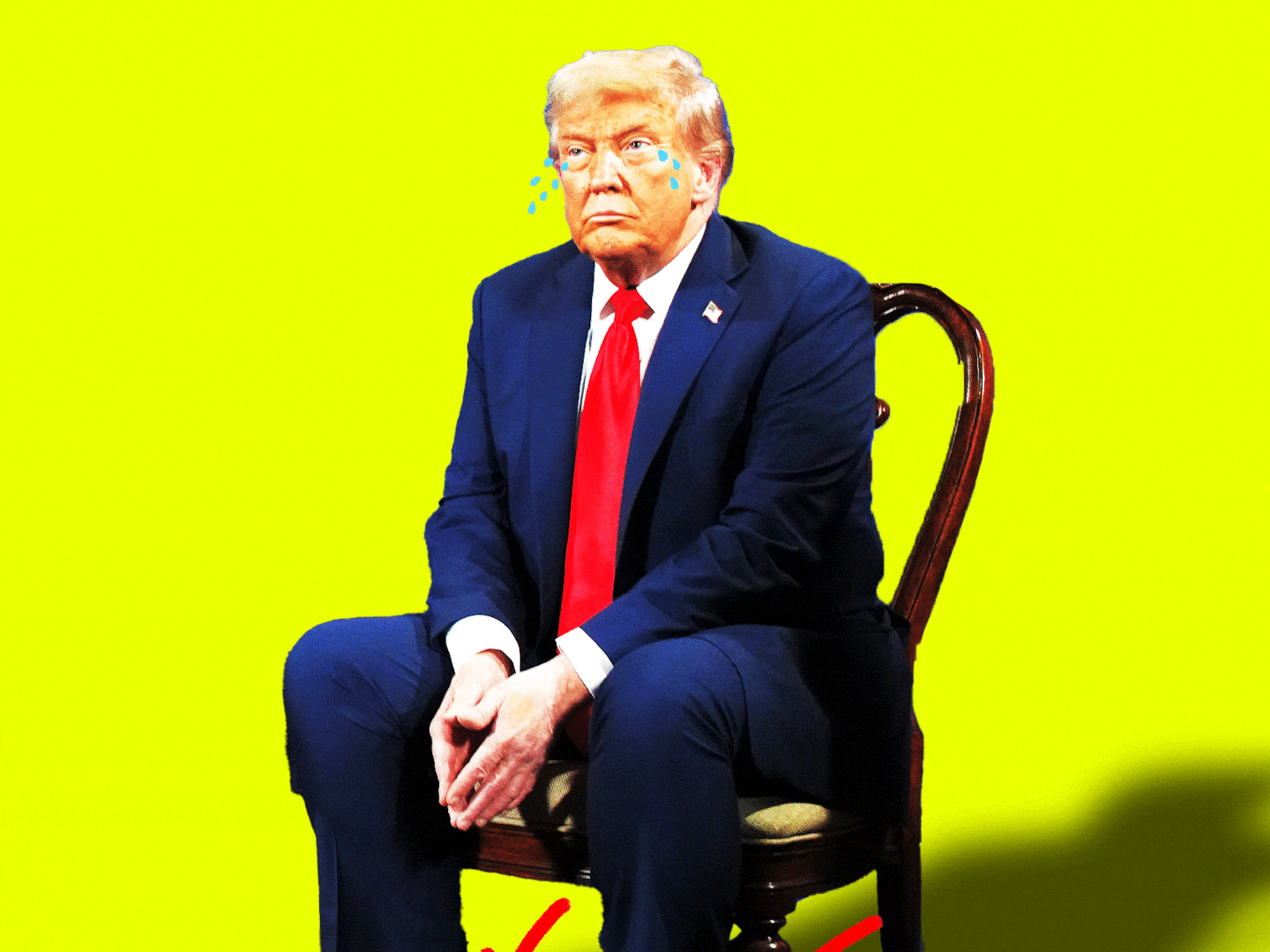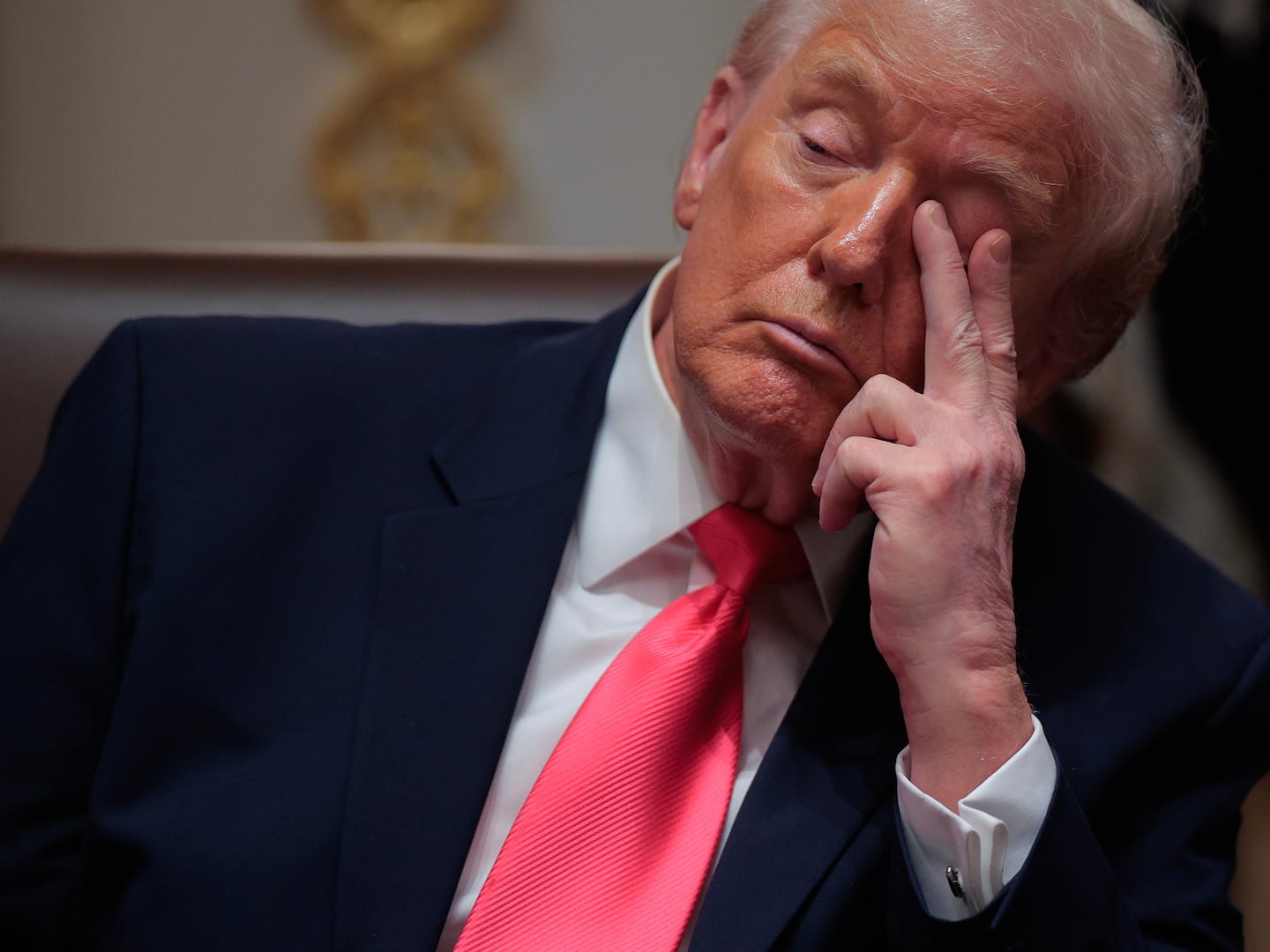
The current outbreak of swine flu is a sobering reminder that our nation faces a wide variety of threats. While post-9/11 realities require us to be vigilant about intentional biological attacks, naturally occurring biological events would yield equally devastating consequences. A human-influenza pandemic like that of 1918 could be just such an event.
The World Health Organization has raised its pandemic alert level to Phase 5. For perspective, Phase 4 reflects sustained human-to-human transmissibility; Phase 5 reflects human-to-human transmission into at least two countries in one WHO region; and Phase 6 is a full-blown pandemic event in which community outbreaks occur in multiple regions. Given the continuing spread and increasing risk, we must ask a critical question: Is our nation prepared to combat this naturally occurring threat if indeed it reaches Phase 6 proportions?
Make no mistake: A pandemic would assuredly have significant health consequences. However, it would just as certainly create myriad other consequences: economic, diplomatic, and matters of national security among them. It would also present complex policy questions and operational issues that cross all levels of government.
Four years ago, the U.S. adopted a new national strategy to combat an influenza pandemic, developing specific plans encompassing prevention and preparation, surveillance and detection, response and recovery. Together, the Departments of Health and Human Services and Homeland Security held more than 60 pandemic influenza state summits, and backed that up with billions of dollars in federal grants. (During his tenure, President Bush directed nearly $50 billion in total federal biodefense funding between fiscal years 2001 and 2009.)
While a rationale for medical, public-health, and hospital grants might seem obvious, broader Homeland Security grant programs also became critical components of our nation’s pandemic preparedness posture. That marked an important shift. It is initially logical—though ultimately misguided—to think of a pandemic as simply a public-health or medical event.
Make no mistake: A pandemic would assuredly have significant health consequences. However, it would just as certainly create myriad other consequences: economic, diplomatic, and matters of national security among them. It would present complex policy questions and operational issues that cross all levels of government, such as border-security issues, maintaining the orderly flow of people and commerce, and the resiliency of our critical infrastructures. This wouldn't be “a health crisis,” but rather a national crisis with many types of consequences—health consequences among them.
To maximize opportunities for joint planning and operations coordination, these efforts should ideally begin as soon as a potential threat is identified and not simply once an incident has occurred. For this reason, Homeland Security Secretary Janet Napolitano was quite correct in asserting a leadership role last weekend when it became apparent that the current strain of swine flu could potentially lead to a human pandemic. It's now codified in law that the secretary of Homeland Security serves as the president’s "principal federal official," coordinating the activities of multiple departments, agencies, and organizations during large-scale incidents.
The current outbreak of swine flu presents many unanswered questions. Why does the virulence in the Mexican strain appear to be different from that we’ve seen thus far in the United States? If the virus continues to spread, how will we balance effective public-health measures (e.g., social distancing or the cancellation of public gatherings) without restricting individual liberties? How will we cope with a surge in the need for medical and health-care capacity? Who will be in charge in each community? What should we tell citizens to do? The list goes on.
While we don't know if the current strain of swine flu will result in a large-scale pandemic, we do know that pandemics are a fact of life. We do know that they occur periodically as a matter of nature. And we do know that the current strain has demonstrated the ability to sustain human-to-human transmission with lethal virulence in at least one part of the world. In terms of avoiding pandemics, history is not on our side. Implementing the lessons learned from past pandemics prepare us to answer Mother Nature’s dreaded but inevitable call.
Michael Chertoff is founding partner of The Chertoff Group and former secretary of Homeland Security. Dr. J. Bennet Waters is clinical assistant professor in the Gillings School of Global Public Health at the University of North Carolina at Chapel Hill and former chief of staff of Homeland Security's Office of Health Affairs.







